IDD Explainer
Finally, the Quadrilateral or the ‘Quad’ has some ‘steel to its spine’ The first ever ‘in-person’ meeting of leaders of the newly-minted four- nation grouping recommitted to partnership, shared security and prosperity—a free and open Indo-Pacific.
The meeting also led to crucial announcements detailing joint efforts on developing critical technology, infrastructure development and addressing climate change besides sharing satellite data, cooperating in space and cyber domains. The four countries will also fund and finance research by 100 scholars each year by way of fellowships.
Prime Minister Narendra Modi of the India, Prime Minister Scott Morrison of Australia, Prime Minister Yoshihide Suga and President Joe Biden of United States met in ‘in-person’ in Washington on September 24 , the joint statement after the meeting was reflective of the way forward and made it amply clear that collaboration on multiple fronts was needed.

Critical and Emerging Technologies in focus
Quad leaders committed to working together to foster an open, accessible, and secure technology ecosystem. Since establishing a new critical and emerging technologies working group in March, the Quad has organized work around four efforts: technical standards, 5G diversification and deployment, horizon-scanning, and technology supply chains.
Quad leaders, have now launched efforts in critical and emerging technologies. For this the Quad will publish a ‘statement of principles’ on technology design, development governance and its use.
Contact groups on advanced communications and artificial intelligence are to be set up development activities as well as pre-standardization research.
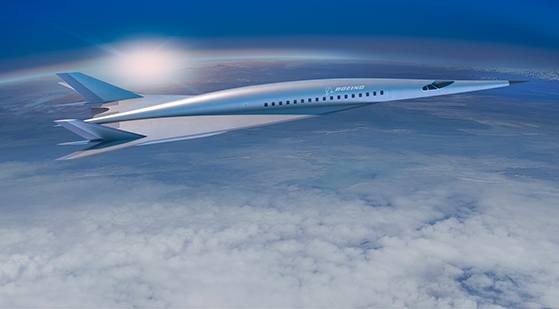
A Semiconductor Supply Chain Initiative will be launched as a joint initiative to map capacity, identify vulnerabilities, and bolster supply-chain security for semiconductors and their vital components. This initiative will help ensure Quad partners support a diverse and competitive market that produces the secure critical technologies essential for digital economies globally. China continues to be biggest expert of ‘rare earth’ minerals that are needed in semi-conductor processes.
Support to a ‘5G Deployment and Diversification’ plan will promote a diverse, resilient, and secure telecommunications ecosystem. The Quad has launched a Track 1.5 industry dialogue on Open RAN deployment and adoption. Quad partners will jointly facilitate enabling environments for 5G diversification, including with efforts related to testing and test facilities.
The Quad will also monitor trends in critical and emerging technologies, starting with advanced biotechnologies, including synthetic biology, genome sequencing, and biomanufacturing. In the process, the group will identify related opportunities for cooperation.
Satellite data and space
Quad countries are among the world’s scientific leaders, including in space. The four will begin space cooperation for the first time with a new working group. In particular, focus on exchange satellite data, focused on monitoring and adapting to climate change, disaster preparedness, and responding to challenges in shared domains.
For this Quad will enable capacity-building in space-related domains in other Indo-Pacific countries to manage risks and challenges. The Quad countries will work together to support, strengthen, and enhance space applications and technologies of mutual interest. Also the countries will start discussions to exchange Earth observation satellite data and analysis on climate-change risks and the sustainable use of oceans and marine resources. Sharing this data will help Quad countries to better adapt to climate change and to build capacity in other Indo-Pacific states that are at grave climate risk.
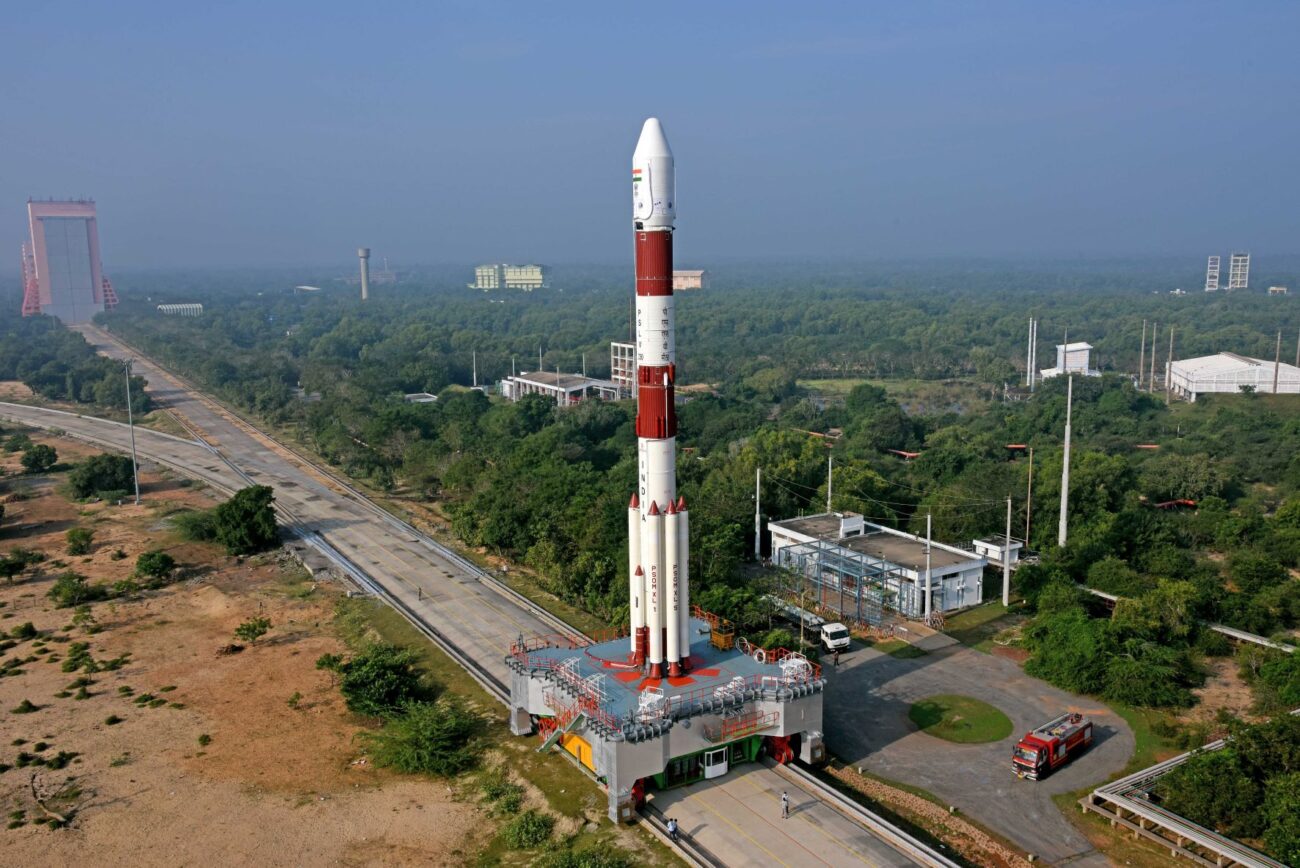
Cybersecurity
Building on longstanding collaboration among our four countries on cybersecurity, the Quad will launch new efforts to bolster critical-infrastructure resilience against cyber threats by bringing together the expertise of our nations to drive domestic and international best practices. The Quad will launch a ‘Senior Cyber Group’ that will have leader-level experts to meet regularly to advance work between government and industry on driving continuous improvements in areas including adoption and implementation of shared cyber standards; development of secure software; building workforce and talent; and promoting the scalability and cybersecurity of secure and trustworthy digital infrastructure.
$ 48 billion spent in Indo-pacific since 2015
Since 2015, Quad partners have provided more than $48 billion in official finance for infrastructure in the Indo-pacific region. This represents thousands of projects, including capacity-building, across more than 30 countries in support of rural development, health infrastructure, water supply and sanitation, renewable power generation — wind, solar, and hydro— telecommunications, road transportation, and more. The infrastructure partnership looks to amplify these contributions and further catalyze private-sector investment in the region.
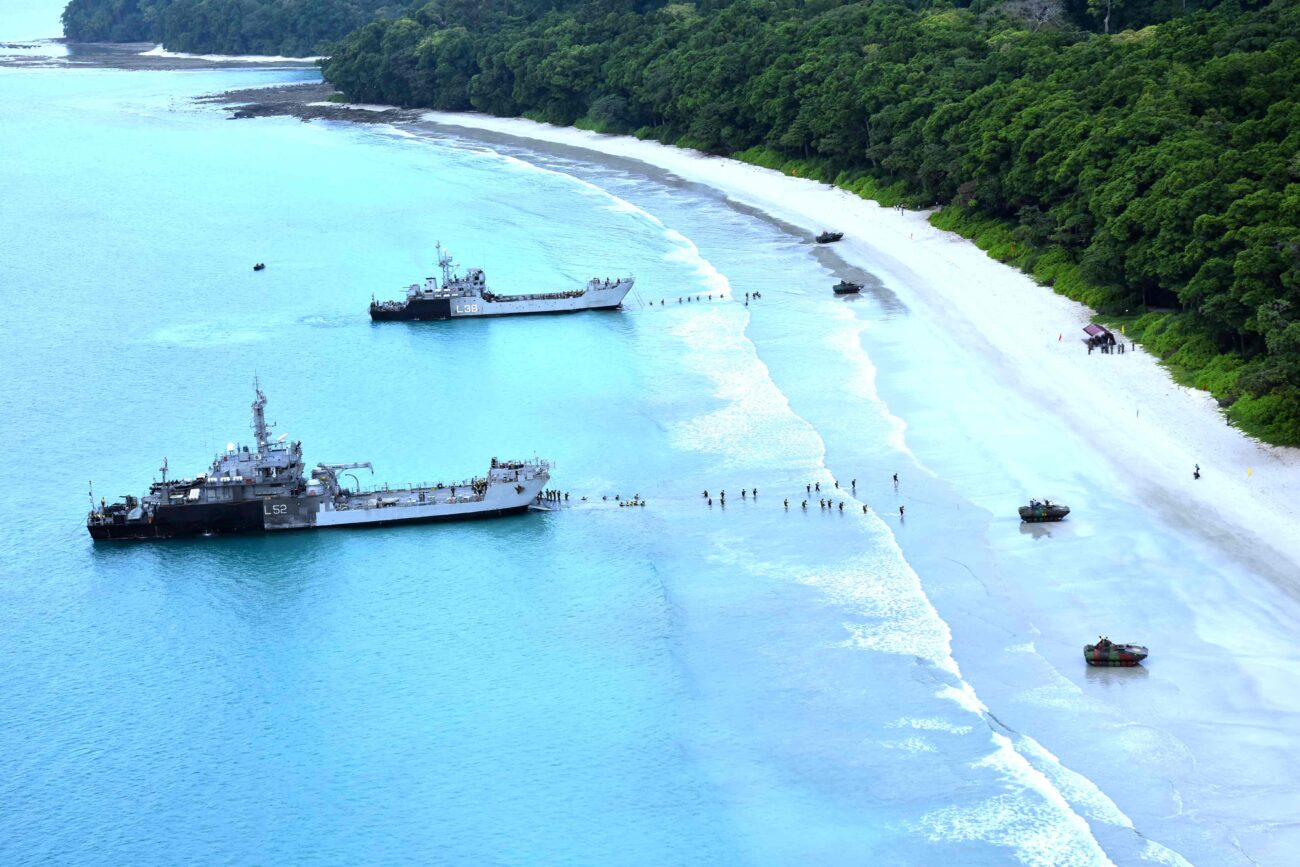
Quad will build on the G7’s announcement of Build Back Better World (B3W)—an infrastructure partnership focused on digital connectivity, climate, health and health security, and gender equality infrastructure. The Quad will rally expertise, capacity, and influence to strengthen ongoing infrastructure initiatives in the region and identify new opportunities.
Building on existing leadership, a senior Quad infrastructure coordination group will meet regularly to share assessments of regional infrastructure needs and coordinate respective approaches to deliver transparent, high-standards infrastructure. The group will also coordinate technical assistance and capacity-building efforts, to ensure our efforts are mutually reinforcing and complementary in meeting the significant infrastructure demand in the Indo-Pacific. In other words the Quad will bank-roll several projects to edge out China that is trying to finds its way into the countries using the route to make infrastructure.
Quad refocus on Indo-Pacific
In the aftermath of the COVID-19 pandemic, regional security has become ever-more complex. The Quad summit refocused the world on the Indo-Pacific.
“Together, we recommit to promoting the free, open, rules-based order, rooted in international law and undaunted by coercion, to bolster security and prosperity in the Indo-Pacific and beyond. We stand for the rule of law, freedom of navigation and overflight, peaceful resolution of disputes, democratic values, and territorial integrity of states”
Quad joint statement
The Quad committed to work together and with a range of partners and reaffirmed strong support for the ten-country ASEAN’s unity and centrality for an ASEAN—the heart of the Indo-Pacific region—in practical and inclusive ways.
Vaccine diplomacy
Together the Quad, committed to take further action in the Indo-Pacific to save lives. Japan, through Japan Bank for International Cooperation, will work with India to enhance key investments of approximately $100 million in the healthcare sector related to COVID-19, including vaccine and treatment drugs. Cumulatively, Indian vaccine manufacturers, have an installed capacity to produce 8.2 billion doses annually of different vaccines. If required, this capacity can be programmed to manufacture Covid -19 vaccines. Read details here in this IDD explainer
Quad committed to better prepare for the next pandemic. A science and technology cooperation 100-Day Mission— will be launched to have safe and effective vaccines, therapeutics, and diagnostics available within 100 days—now and into the future.
Climate change
The four nations committed to increasing the Indo-Pacific region’s resilience to climate change by improving critical climate information-sharing and disaster-resilient infrastructure. The Quad countries will convene a Climate & Information Services Task Force and build a new technical facility through the coalition for disaster resilient infrastructure that will provide technical assistance in small island states.
Quad countries share serious concern with Intergovernmental Panel on Climate Change’s report findings on the latest climate science, which has significant implications for climate action. To address the climate crisis with the urgency it demands, Quad countries will focus their efforts on the themes of climate ambition, including working on 2030 targets for national emissions and renewable energy, clean-energy innovation and deployment, as well as adaptation, resilience, and preparedness. Quad countries commit to pursue enhanced actions in the 2020s to meet anticipated energy demand and decarbonize at pace and scale to keep climate goals within reach in the Indo-Pacific.
Green initiatives
Quad looks to form a Green-Shipping Network as the four countries represent major maritime shipping hubs with some of the largest ports in the world. Quad countries are uniquely situated to deploy green-port infrastructure and clean-bunkering fuels at scale. Quad partners will organize their work by launching a ‘Quad Shipping Taskforce’ and will invite leading ports, including Los Angeles, Mumbai Port Trust, Sydney (Botany), and Yokohama, to form a network dedicated to greening and decarbonizing the shipping value chain.
The Quad will soon announce a clean-hydrogen partnership to strengthen and reduce costs across all elements of the clean-hydrogen value chain, leveraging existing bilateral and multilateral hydrogen initiatives in other fora. This includes technology development and efficiently scaling up the production of clean hydrogen (hydrogen produced from renewable energy, fossil fuels with carbon capture and sequestration, and nuclear for those who choose to deploy it), identification and development of delivery infrastructure to safely and efficiently transport, store, and distribute clean hydrogen for end-use applications, and stimulating market demand to accelerate trade in clean hydrogen in the Indo-Pacific region.
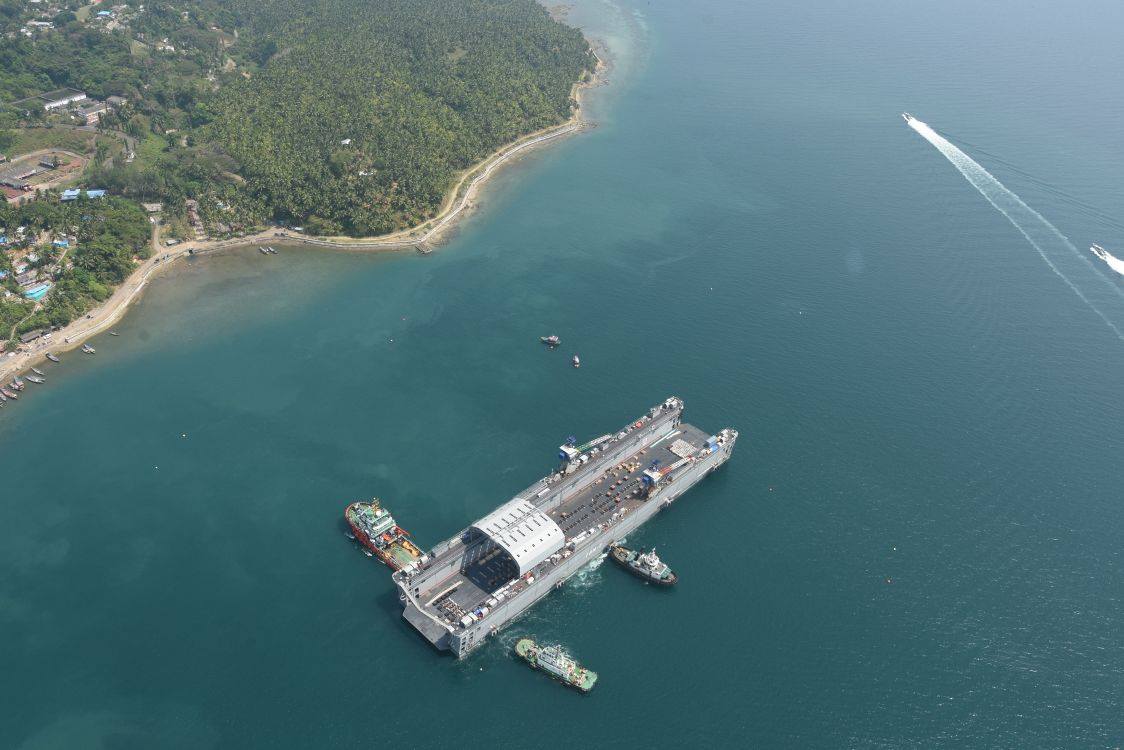
People-to-People Exchange and Education
The students of today will be the leaders, innovators, and pioneers of tomorrow. To build ties among the next generation of scientists and technologists, Quad partners are proud to announce the Quad Fellowship — a first-of-its-kind scholarship program, operated and administered by a philanthropic initiative and in consultation with a non-governmental task force comprised of leaders from each Quad country. This program will bring together exceptional American, Japanese, Australian, and Indian masters and doctoral students in science, technology, engineering, and mathematics to study in the United States. This new fellowship will develop a network of science and technology experts committed to advancing innovation and collaboration in the private, public, and academic sectors, in their own nations and among Quad countries.
The Fellowship will sponsor 100 students per year—25 from each Quad country—to pursue masters and doctoral degrees at leading STEM graduate universities in the United States. It will serve as one of the world’s leading graduate fellowships; but uniquely, the Quad Fellowship will focus on STEM and bring together the top minds of Australia, India, Japan, and the United States.
Schmidt Futures, a philanthropic initiative, will operate and administer the fellowship program in consultation with a non-governmental taskforce, comprised of academic, foreign policy, and private sector leaders from each Quad country. Founding sponsors of the fellowship program include Accenture, Blackstone, Boeing, Google, Mastercard, and Western Digital, and the program welcomes additional sponsors interested in supporting the Fellowship.












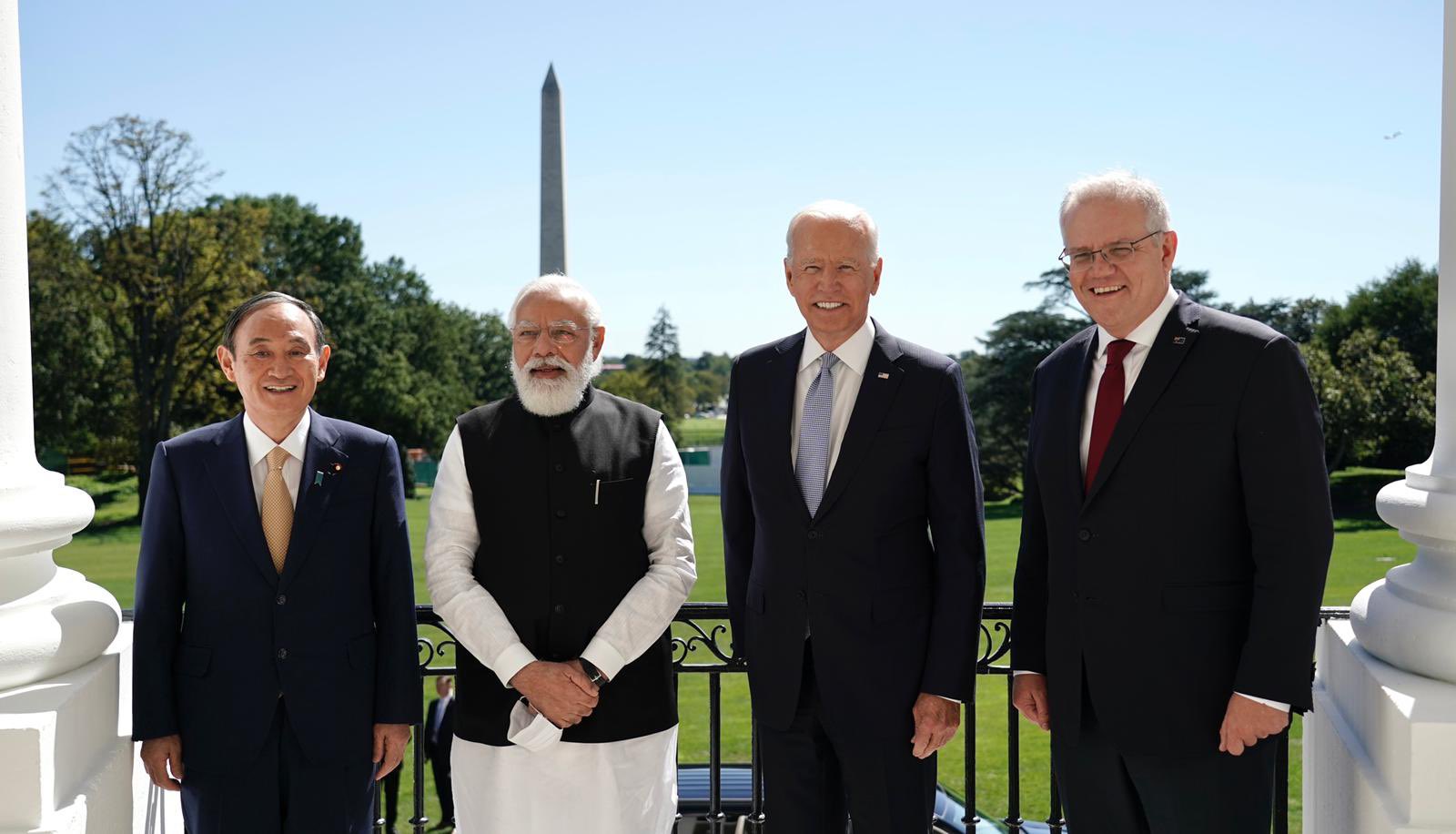

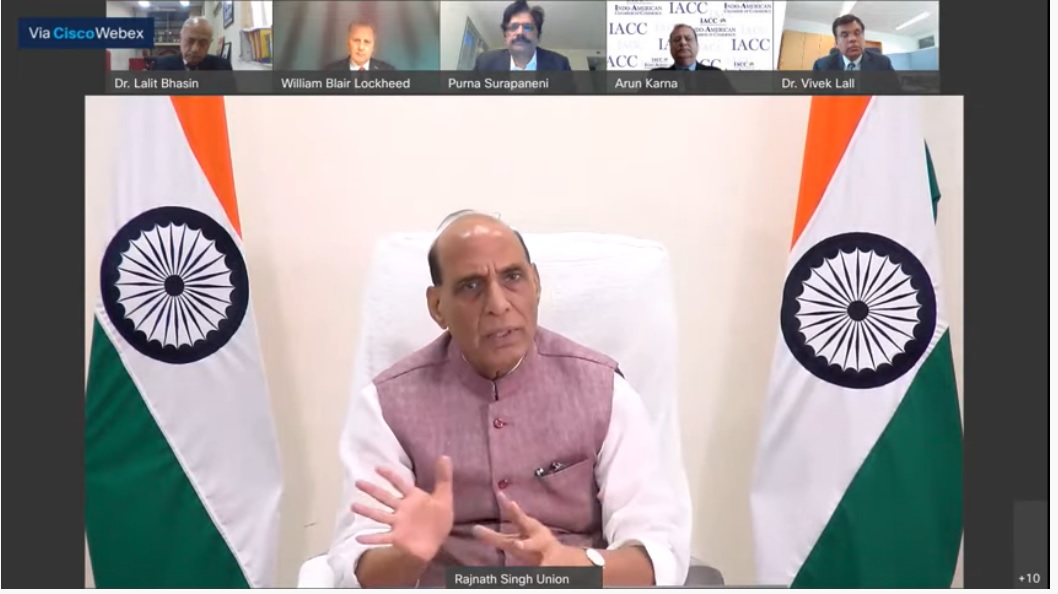








Recent Comments